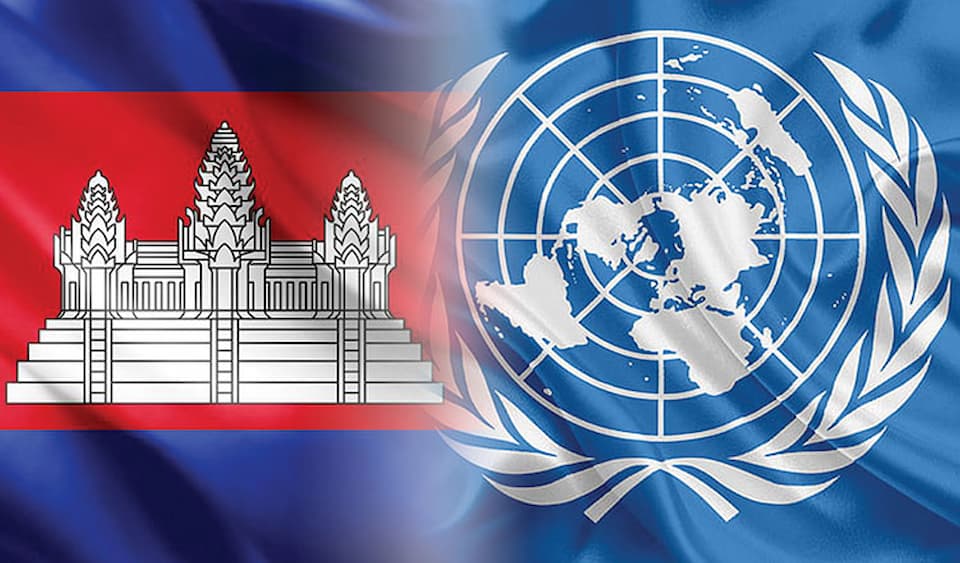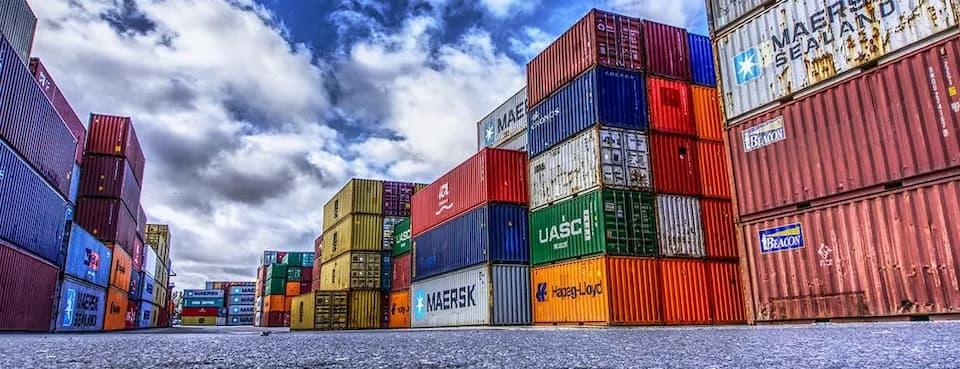Cambodia’s Graduation From LDC Pushed Back To 2029
Cambodia's graduation from the Least Developed Country (LDC) status has been revised to take place in 2029 after initially being scheduled in 2027. We review what milestones have been achieved and the impact of leaving the LDC status.
Cambodia was projected to graduate from the LDC category by 2027 or 2028 after first meeting the graduation criteria in 2021, and the Committee for Development Policy (CDP) recommended Cambodia for graduation at its 2024 Triennial Review. Lower-middle-income economies have a per capita income between USD $1,086 and $4,255.
UN’s preliminary evaluation for the 2024 triennial review assessed Cambodia with a Gross National Income (GNI) per capita score of USD $1,546 which is above the minimum threshold. The second round of LDC graduation applications is scheduled to be submitted in June 2024 to the United Nations Economic and Social Council (ECOSOC) for review and evaluation, said Minister of Planning Bin Trachhey in April 2024.
He added, "If the application meets the criteria, Cambodia’s LDC graduation in 2029 will be announced by the UN General Assembly." The country needs to prepare the groundwork for the transition, added the Cambodian minister, saying that Cambodia will have five years to prepare to graduate from the Least Developed Country status, if approved.
The Cambodian government has also set ambitious goals of reaching an upper-middle-income (USD $4,256 and $13,205) country by 2030 and a high-income country by 2050 (per capita income of USD $13,206 or more). Cambodia's Prime Minister Hun Manet anticipates economic growth of more than 6 per cent in 2024, with levels reaching a pre-pandemic growth rate of around seven per cent by 2028.
Criteria To Leave LDC

Some of the milestones Cambodia has reached to suggest it will successfully graduate reform the LDC include achieving a score of 77.7 on the Human Assets Index (HAI), which is above the graduation threshold of 66 or more. The Kingdom has also made progress on the Economic and Environmental Index (EVI) with a score of 23.3 (the threshold for this category is 32 or below). The UN also provides a clear process for graduation from the LDC online.
WEF Outlines Positive Assessment Of Cambodian Development
According to the World Economic Forum, some of the reasons why Cambodia is seen as being on the right trajectory, include among others:
- Positive expected outcomes by implementing a newly formed government strategy entitled ‘The Pentagonal Strategy – Phase I’.
- Cambodia is seen as effectively using Aid for Trade (AfT) – development assistance for trade capacity building.
- Collaboration with the International Finance Corporation (IFC) has contributed to significant growth in Cambodia's milled rice production and exports.
- The Kingdom has significantly improved the business climate.
- Cambodia has signed several free trade agreements with various trading blocs and is part of the Regional Comprehensive Economic Partnership (RCEP) Agreement.
Impact Of LDC Graduation For Cambodia
 The biggest impact will be the loss of preferential trade benefits with certain countries when Cambodia graduates from the LDC. As a result, market access for goods and services will be key for the country to remain competitive and is probably one of the reasons so many FTAs have been entered into by the Kingdom in new markets. The preferential provisions which Cambodia could lose are:
The biggest impact will be the loss of preferential trade benefits with certain countries when Cambodia graduates from the LDC. As a result, market access for goods and services will be key for the country to remain competitive and is probably one of the reasons so many FTAs have been entered into by the Kingdom in new markets. The preferential provisions which Cambodia could lose are:
- Special and Differential Treatments (S&DT) that are granted to LDCs within the multilateral trading system of the World Trade Organisation (WTO).
- Duty-Free Quota-Free (DFQF) arrangements such as the Everything But Arms (EBA) preferential trade scheme and the Generalized System of Preferences (GSP) programme.
- Cambodia will face stricter requirements and obligations with its membership at the WTO and will need to submit notifications for domestic support under the Agreement on Agriculture annually, rather than on a bilateral basis. It will also need to comply with the obligations of the Agreement on Trade-Related Aspects of Intellectual Property Rights (TRIPS).
Former Cambodian Commerce Minister Pan Sorasak, who is now a member of parliament, said at the end of 2023 that for Cambodia to continue its development, transformation should be built upon five key pillars which have been a core focus of the Cambodian government:
- Equipping the Cambodian workforce with the necessary education and skills.
- Diversifying and moving towards an industrialised economy with a shift to high-value-added manufacturing and services.
- Capitalising on foreign direct investment (FDI).
- Addressing emerging trade and environmental challenges.
- Advancing digitalisation.